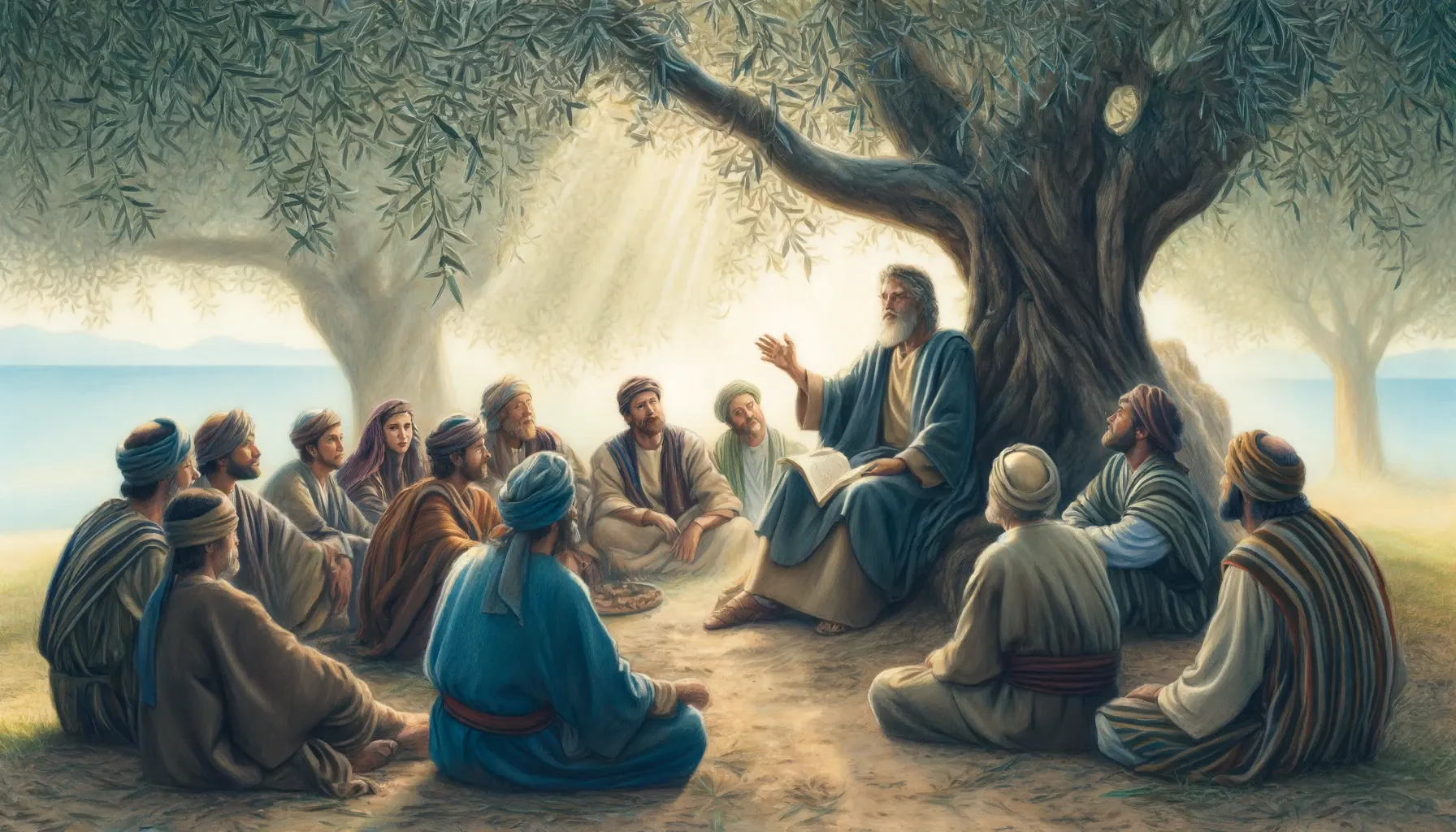In the narrative of 1 Kings 17:17-24, Elijah raises the widow’s son from the dead in Zarephath, showcasing God’s supreme power over life and death, and reinforcing the prophet’s authority as a true messenger of Yahweh, thereby deepening the widow’s faith and illustrating the reach of God’s miraculous intervention beyond Israel.
In 2 Kings 5, the story of Naaman’s healing from leprosy not only exemplifies the transformative power of simple faith and obedience to God’s commands, as demonstrated by his instructed immersion in the Jordan River, but also highlights themes of humility, the universality of God’s grace, and the severe consequences of greed and deception, illustrated by Gehazi’s downfall.
In 2 Kings 4:32-37, the resurrection of the Shunammite’s son by Elisha, through an intimate and miraculous act of physical contact, highlights the divine power over life and death and underscores the profound faith of the mother, illustrating the close, reciprocal relationship between God’s prophets and those they serve.
In 2 Kings 4:1-7, the narrative of the Widow’s Oil Multiplied showcases Elisha’s prophetic intervention as he instructs a desperate widow to multiply a small jar of oil by faith and obedience, thereby enabling her to pay off her debts and protect her family from slavery, illustrating God’s miraculous provision and care for the needy.
In 1 Kings 17:22, the miraculous resurrection of the widow’s son by Elijah not only showcases God’s sovereign power over life and death but also reaffirms Elijah’s prophetic authority and deepens the widow’s faith in the true God.
In 1 Kings 17:4-6, God miraculously sustains the prophet Elijah during a severe drought by commanding ravens to deliver him bread and meat twice daily while he remains hidden beside the Brook Cherith.
The story of Daniel in the lion’s den, as detailed in Daniel 6, vividly illustrates the triumph of faith and divine protection, showcasing how Daniel’s unwavering commitment to his prayerful relationship with God leads to his miraculous preservation from harm, even under the decree of King Darius, thus affirming the sovereignty and providential care of God over His faithful servants.
The Book of Jude warns against false teachers who distort the truth and lead believers astray, while encouraging believers to contend earnestly for the faith, to build themselves up in their most holy faith, and to remain steadfast in God’s love and mercy, emphasizing the importance of doctrinal integrity and spiritual vigilance in the face of deception.
The Book of 1 Peter offers enduring encouragement and exhortation to persecuted believers, emphasizing their identity in Christ and calling them to live holy lives, rooted in hope and grounded in the grace of God.
The Book of James emphasizes the inseparable relationship between genuine faith and practical works, urging believers to demonstrate their faith through righteous living and compassionate actions towards others.










